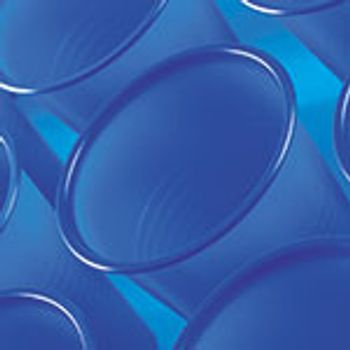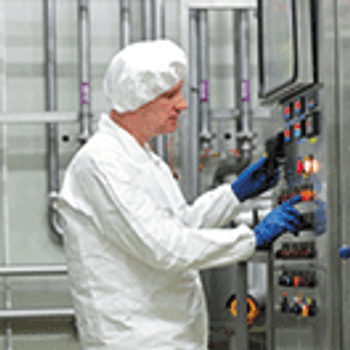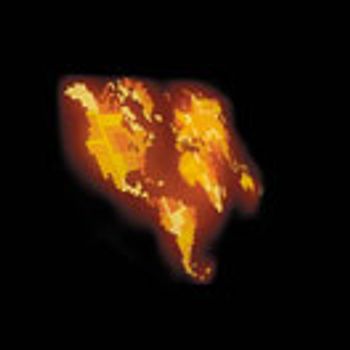
The approval for Admelog (insulin lispro injection) marks the first short-acting insulin approved as a “follow-on” product.

The approval for Admelog (insulin lispro injection) marks the first short-acting insulin approved as a “follow-on” product.

In partnership with Indian pharmaceutical firm, Torrent Pharmaceuticals, Novo Nordisk has expanded an insulin manufacturing facility at Torrent’s Indrad, Gujarat, India site.

The companies will co-develop and co-commercialize the lead candidate generated from their earlier collaboration to treat genetic blood disorders.

The European Medicines Agency has granted Samsung BioLogics approval to manufacture a monoclonal antibody at the company’s second facility in Songdo, Incheon, South Korea.

FDA has accepted for review Eli Lilly and Company’s biologic drug candidate that is in development for treating migraine.

The new 30,000-L, $150-million biologics manufacturing facility in Wuxi, China, quintuples the company’s existing manufacturing capability.

Gilead Sciences will acquire Cell Design Labs to further cell-therapy research and development efforts.

Oceasoft has updated its line of Bluetooth-enabled temperature data loggers for shipping and logistics applications.

The contract research, development, and manufacturing organization has expanded API aseptic manufacturing capacity at its Valladolid, Spain, facility.

A survey by LNS Research and sponsored by Honeywell showed that industrial companies are not moving quickly to adopt cyber security; calls on CEOs to take action.

The company will expand two of its Ohio facilities, investing approximately $145 million to support manufacturing and warehouse operations.

Biopharma majors are among the industry stakeholders who have commented and raised questions about FDA’s recently proposed draft guidance for analytical assessment of similarity in biosimilars.

Lonza has entered into strategic license agreements for exclusive rights to a gene-therapy platform for developing treatments for hearing and balance disorders.

The company has opened a new California facility that, combined with its existing site in Foster City, CA, will quadruple its laboratory footprint for gene therapy products.

In a recently released statement, FDA Commissioner Scott Gottlieb warned of an amino acids supply shortage and gave an update on a saline supply shortage, both due to the impact of hurricanes on Puerto Rican manufacturing facilities.

Biopharma employees reveal employment objectives, opportunities, and frustrations.

Single-use systems provide replaceable fluid paths.

A technology roadmap aims to drive and consolidate improvements in a process that has remained unchanged for more than 70 years.

A quality-by-design approach that implements PAT offers advantages in upstream cell-culture processing.

A roundtable Q&A with biopharma executives elucidates the challenges posed by single-use bioreactor bags in contributing to extractables and leachables in the biomanufacturing process.

The Biomanufacturing Technology Roadmap is accelerating innovative manufacturing strategies for biopharmaceuticals.

Cross-functional reliability rooms identify risk and planning metrics, provide insights for production forecasts, and predict trends and areas for improvement.

Small-molecule therapeutics can also benefit from the implementation of PAT in the manufacturing process.

Biocad and Sothema Labs have partnered to release cancer-treating biosimilars into the North African market.

Binding Site has introduced a number of new monoclonal antibodies targeting infectious diseases, including cytomegalovirus, hepatitis (A, B, C, and D), herpes, human immunodeficiency virus (HIV), rubella, and toxoplasma.